August 27, 2024
The Anonymous People Philadelphia Premiere
Discover the power of support in addiction recovery and learn five tips to help your loved one thrive.

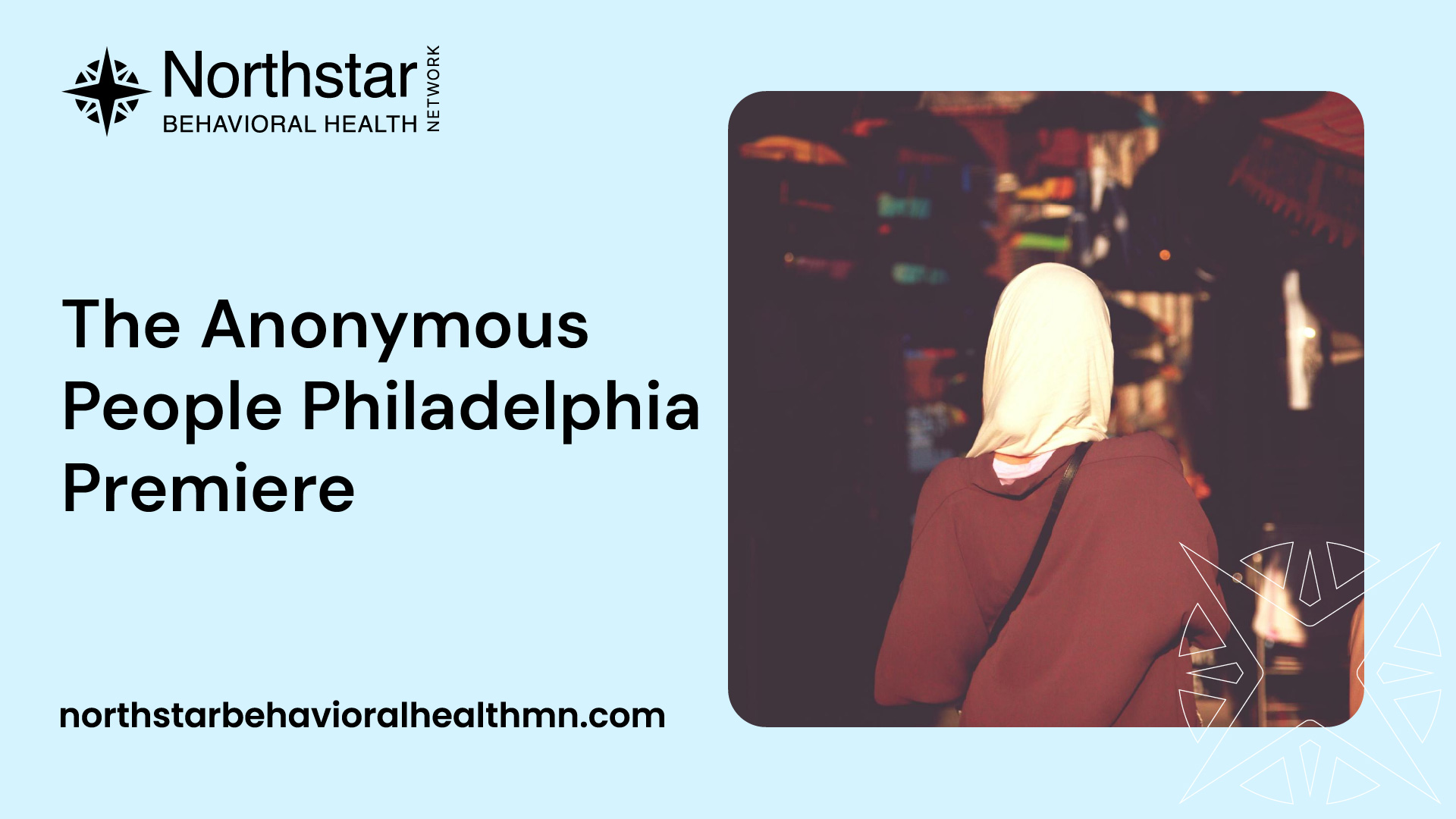
The Anonymous People Philadelphia Premiere
The Anonymous People Philadelphia Premiere is an event that aims to shed light on the importance of recovery and support in the lives of individuals struggling with addiction. This premiere serves as an opportunity to bring together individuals, communities, and organizations to foster understanding and create a supportive environment for those in recovery.
Event Overview
The Anonymous People Philadelphia Premiere is a gathering that showcases the documentary film "The Anonymous People." This film explores the experiences of individuals in recovery from addiction and their journey towards reclaiming their lives. The premiere provides a platform for open discussions, educational sessions, and networking opportunities, all with the goal of reducing the stigma associated with addiction and promoting recovery.
The event typically features screenings of the documentary, followed by panel discussions and Q&A sessions with experts, advocates, and individuals with lived experience. It is an occasion to raise awareness about addiction, recovery, and the importance of support systems. Attendees have the opportunity to learn from each other, share stories, and find inspiration through the narratives presented in the film.
Impact on Recovery Communities
The Anonymous People Philadelphia Premiere has a significant impact on recovery communities by fostering a sense of unity, empowerment, and hope. By gathering individuals from various backgrounds and experiences, the event creates a supportive atmosphere that encourages dialogue, education, and collaboration.
The premiere serves as a reminder that recovery is possible and that individuals in recovery should not face stigma or discrimination. It helps to debunk common myths and misconceptions surrounding addiction by highlighting the stories of those who have successfully overcome their struggles. This event also provides an opportunity for individuals to connect with local resources, support groups, and organizations that can further assist them on their journey to recovery.
By bringing attention to the importance of support in recovery, the Anonymous People Philadelphia Premiere plays a vital role in creating a more compassionate and understanding society. It encourages community engagement, promotes access to resources, and inspires individuals to actively support their loved ones on the path to recovery.
For individuals seeking support or more information on how to support a loved one in recovery, check out our article on five tips to support your loved one in recovery. Remember, supporting someone in their recovery journey can make a significant difference in their lives and overall well-being.
Importance of Support in Recovery
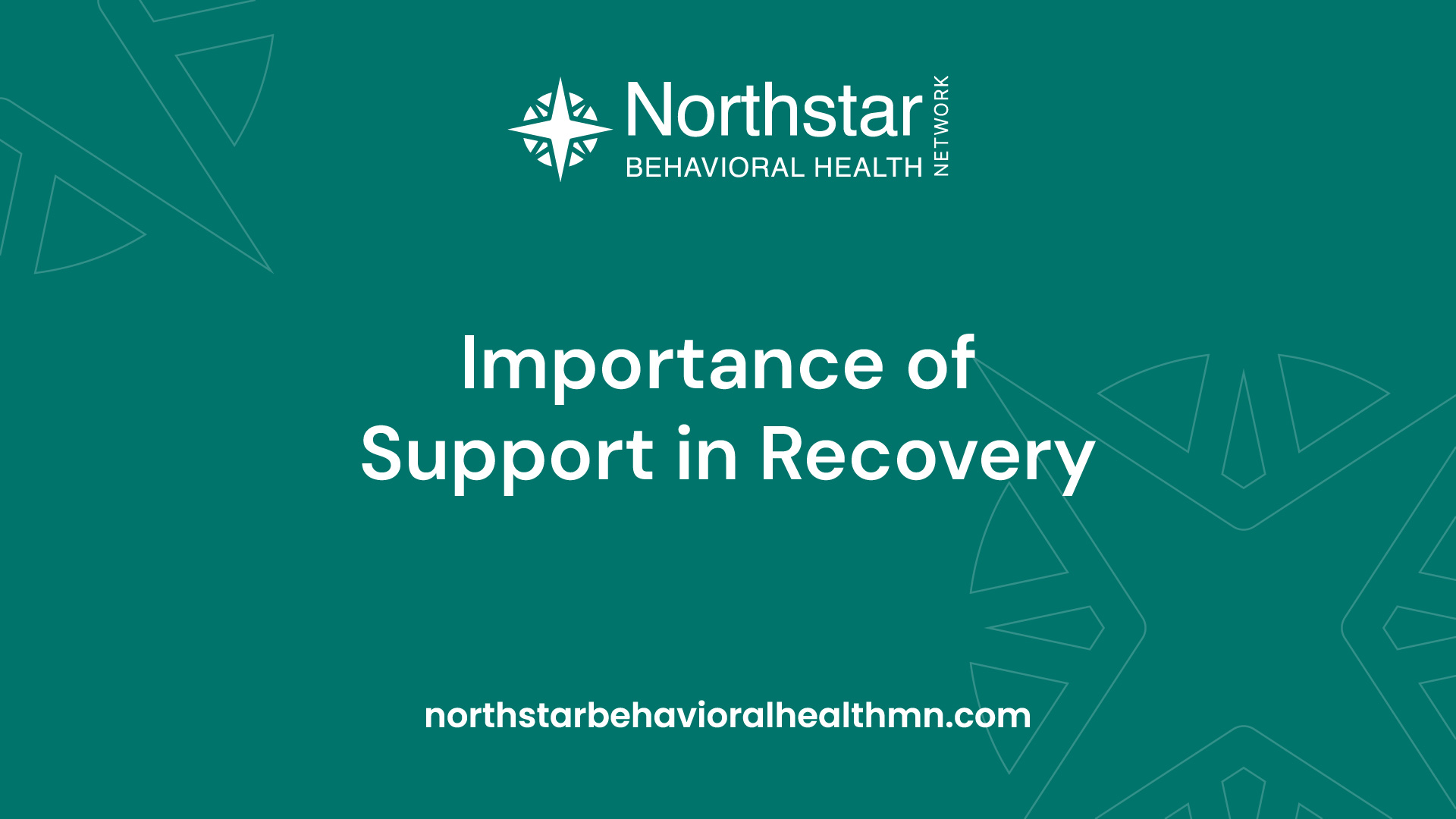
When it comes to recovering from addiction, having a strong support system plays a crucial role in the journey to recovery. Understanding the importance of support and the role it plays can significantly impact the recovery process.
Understanding the Journey to Recovery
Recovery from addiction is a challenging and complex journey. It involves not only overcoming physical dependence but also addressing underlying emotional, psychological, and social factors. Individuals in recovery often face various obstacles and temptations that can make it difficult to stay on track. This is where support becomes vital.
Support in recovery involves the provision of emotional, practical, and sometimes financial assistance to individuals seeking to overcome addiction. It helps individuals navigate the ups and downs of the recovery process, providing encouragement, understanding, and accountability.
The Role of Support Systems
Support systems are the networks of people who offer support and encouragement to those in recovery. These systems can include family, friends, support groups, therapists, and other professionals. The role of these support systems is multifaceted and can greatly impact an individual's recovery journey.
- Emotional Support: Support systems provide a safe space for individuals to express their emotions and share their experiences without judgment. This emotional support helps individuals feel understood, validated, and encouraged during difficult times.
- Accountability: Support systems can help individuals stay accountable to their recovery goals by providing reminders, encouragement, and motivation. This accountability helps individuals stay focused and committed to their recovery journey.
- Practical Assistance: Support systems can offer practical assistance, such as helping individuals find treatment options, attending therapy sessions, or providing transportation to support group meetings. These practical aspects of support can alleviate some of the logistical challenges individuals may face during recovery.
- Relapse Prevention: Support systems play a crucial role in relapse prevention. By offering guidance, encouragement, and coping strategies, they help individuals develop healthy coping mechanisms and navigate triggers and temptations that may arise during the recovery process.
- Reduced Stigma and Isolation: Support systems can help combat the stigma associated with addiction by providing a sense of belonging and acceptance. This reduces feelings of isolation and encourages individuals to seek help and stay committed to their recovery goals.
Building a strong support network is an essential aspect of the recovery journey. Involving family and friends who are understanding and supportive, and seeking professional help and resources like support groups or therapists can significantly enhance the chances of successful recovery.
Remember, supporting a loved one in recovery requires patience, empathy, and understanding. By providing the necessary support, you can contribute to their journey of healing and help them achieve lasting recovery. For more tips on supporting your loved one in recovery, check out our article on five tips to support your loved one in recovery.
Five Tips for Supporting Your Loved One in Recovery
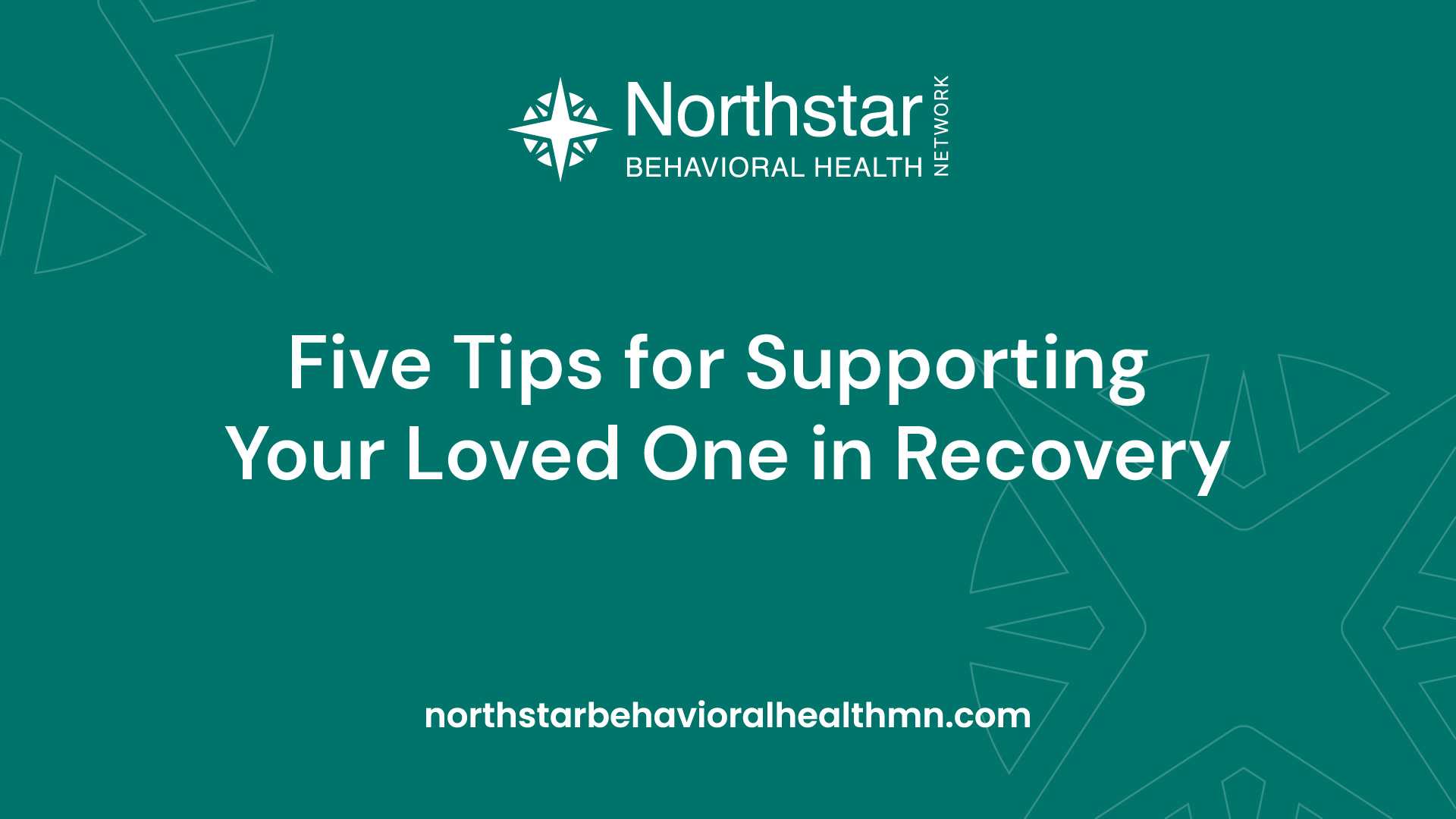
Supporting a loved one in their recovery journey is essential for their success and well-being. Here are five tips to help you provide the support they need:
Practice Active Listening
Active listening is a crucial skill when supporting someone in recovery. Give your loved one your undivided attention, maintain eye contact, and show empathy. Encourage them to share their thoughts and feelings without judgment. Reflect back on what they say to ensure understanding. By actively listening, you create a safe space for open and honest communication.
Offer Encouragement and Positivity
Recovery can be challenging, and your loved one needs encouragement and positivity along the way. Celebrate their achievements, no matter how small, and remind them of their progress. Avoid criticizing or shaming them for setbacks. Instead, offer words of encouragement and remind them of their strength and resilience. Your support and positivity can make a significant difference in their journey.
Educate Yourself on Addiction and Recovery
Take the time to educate yourself about addiction and the recovery process. Understanding the challenges and complexities of addiction can help you empathize with your loved one's experiences. Learn about different treatment options, relapse prevention strategies, and the importance of ongoing support. This knowledge will enable you to provide informed and effective support.
Respect Boundaries and Independence
While supporting your loved one, it's crucial to respect their boundaries and independence. Recognize that recovery is a personal journey, and your role is to offer support rather than control. Allow them to make their own decisions and respect their choices. Avoid enabling behaviors and encourage healthy coping mechanisms. By respecting their autonomy, you empower them to take ownership of their recovery.
Celebrate Milestones and Progress
Recovery is a journey of progress and milestones. Celebrate your loved one's accomplishments along the way. Whether it's a day of sobriety, completing a treatment program, or reaching personal goals, acknowledge and celebrate these milestones. This recognition reinforces their efforts and motivates them to continue on their path to recovery.
Remember, supporting your loved one in recovery requires patience, understanding, and unconditional love. By following these tips, you can play a vital role in their journey towards a healthier and happier life.
For more information on addiction and recovery, explore our related articles on five ways you may be encouraging your teen to use drugs or alcohol and memorial day is a high risk for underage drinking and drug abuse.
Building a Strong Support Network
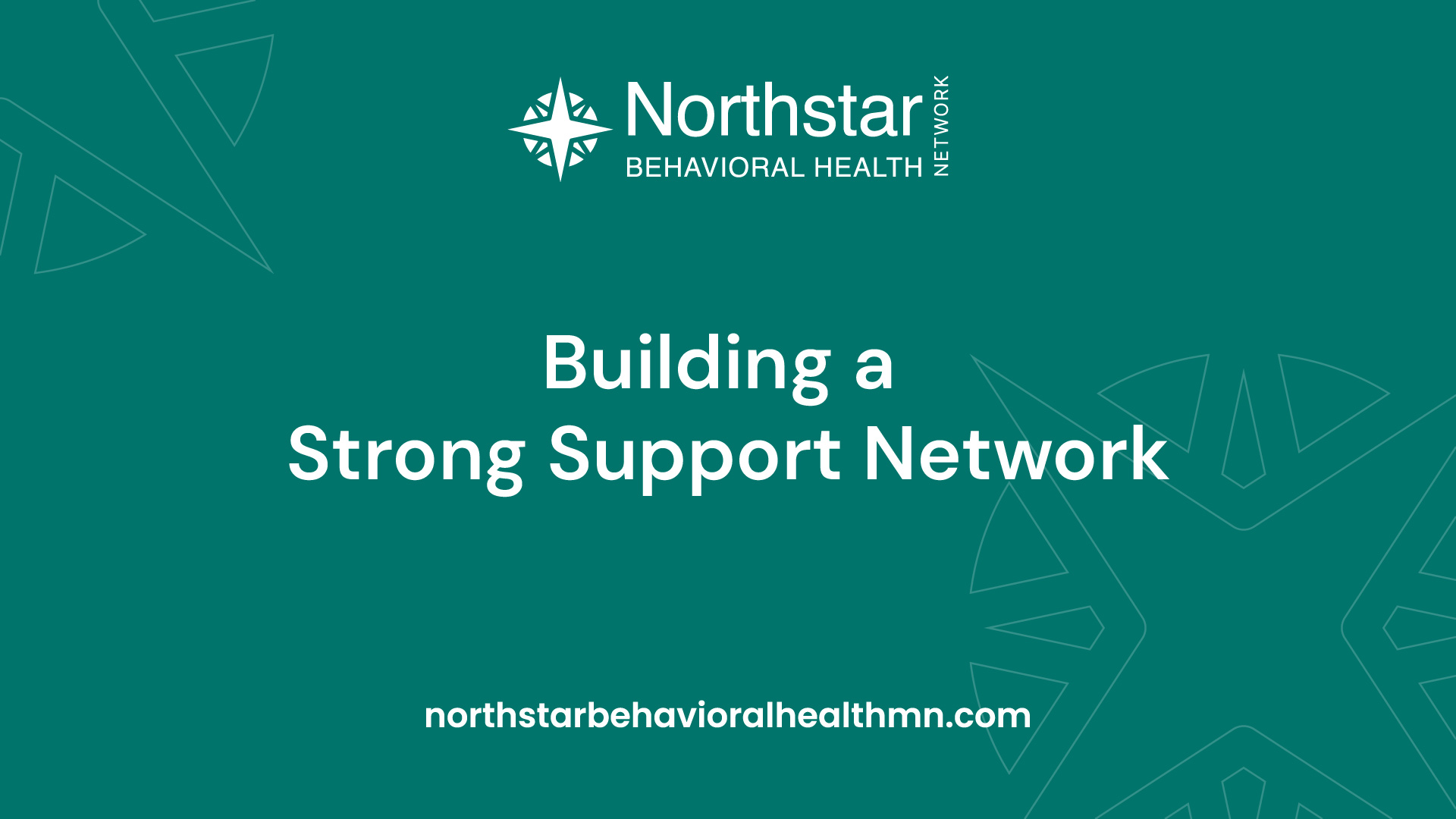
Recovery from addiction is not a journey that should be taken alone. Building a strong support network is crucial for the success of individuals seeking recovery. In this section, we will explore two important aspects of building a support network: involving family and friends, and seeking professional help and resources.
Involving Family and Friends
Family and friends play a vital role in supporting individuals on their path to recovery. Their love, understanding, and encouragement can make a significant difference in the recovery process. Here are some ways you can involve family and friends in supporting your loved one:
- Open and Honest Communication: Foster an environment of open and honest communication where everyone feels comfortable expressing their thoughts and concerns. Encourage your loved one to share their struggles, achievements, and goals.
- Education and Empathy: Educate your family and friends about addiction and recovery. This will help them better understand the challenges your loved one may face and enable them to offer empathy and support. Encourage them to attend support groups or educational sessions to gain further insights.
- Respect Boundaries: Respect your loved one's boundaries and independence. Recovery is a personal journey, and it's essential to allow individuals to make their own decisions and take responsibility for their actions. Offer support without trying to control or fix their problems.
- Offer Practical Assistance: Help your loved one by offering practical assistance, such as providing transportation to support group meetings, helping with household tasks, or assisting with finding employment opportunities. These gestures can alleviate some of the stressors that may hinder their recovery.
Seeking Professional Help and Resources
While the support of family and friends is invaluable, it can also be beneficial to seek professional help and utilize available resources. Professionals trained in addiction and recovery can provide the necessary guidance and expertise. Here are some avenues to explore:
- Therapy and Counseling: Individual therapy or counseling sessions can help individuals in recovery work through underlying issues and develop coping mechanisms. Family therapy can also be beneficial in improving communication and understanding within the family unit.
- Support Groups: Encourage your loved one to join support groups like Alcoholics Anonymous (AA) or Narcotics Anonymous (NA). These groups provide a supportive community of individuals who have faced similar challenges and can offer guidance and encouragement.
- Treatment Centers and Programs: Depending on the severity of the addiction, residential treatment centers or outpatient programs may be necessary. These programs provide structured environments and a range of therapies to aid in the recovery process.
- Online Resources: Utilize online resources such as websites, forums, and educational materials to gather information and support. Many organizations offer online support groups and resources specifically designed for individuals and families affected by addiction.
By involving family and friends and seeking professional help and resources, individuals in recovery can establish a strong support network that will help them navigate the challenges they may face. Remember, recovery is a journey that requires ongoing support and understanding. Encourage your loved one to reach out for help and continue to offer your support and encouragement along the way.
Community Engagement in Recovery
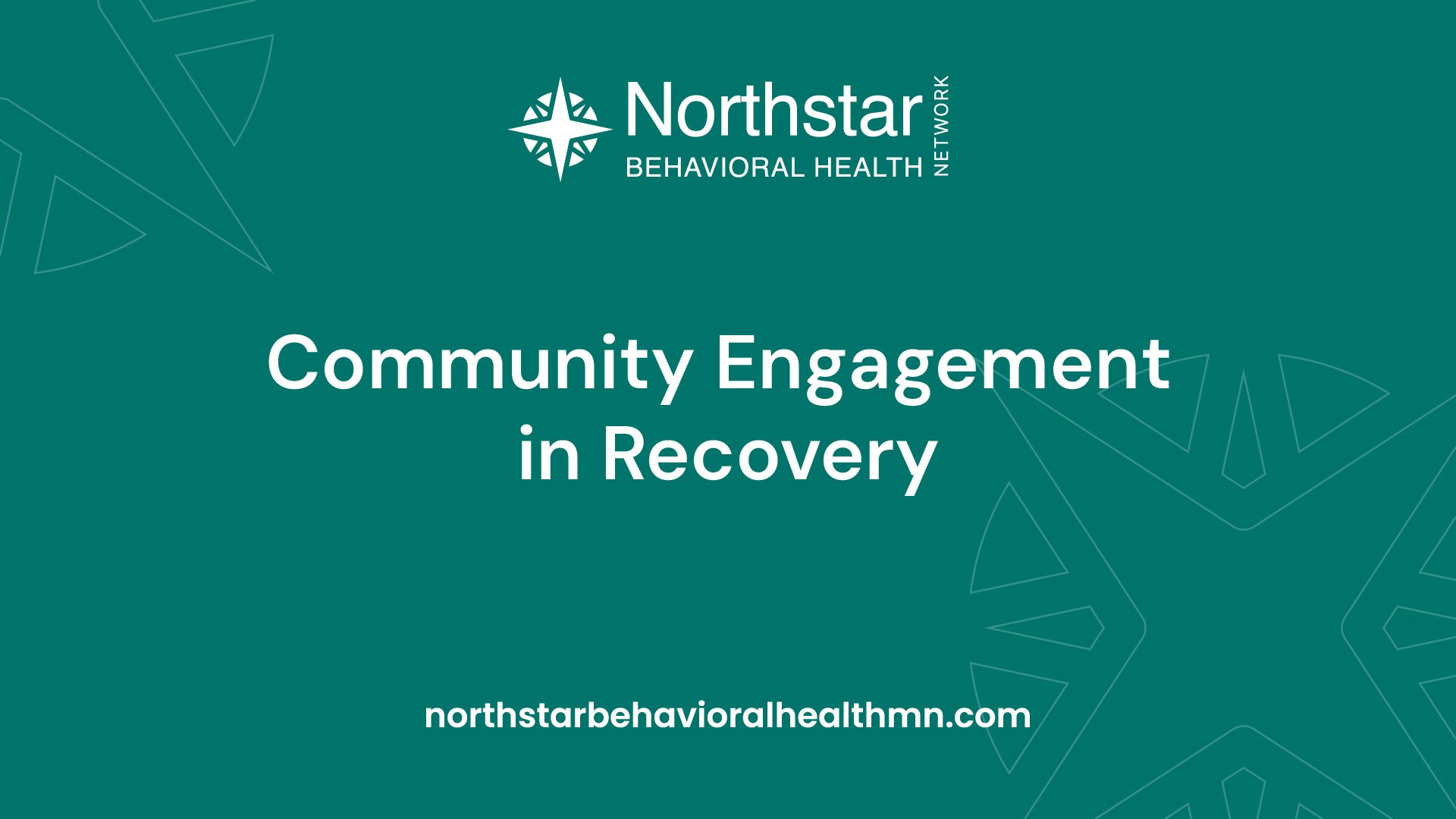
Recovery from addiction is a journey that is best supported within a community. Engaging with a supportive community can provide individuals in recovery with the encouragement, understanding, and resources needed to maintain sobriety. In this section, we will explore the power of community support and ways to find local resources and events to further aid in the recovery process.
The Power of Community Support
Community support plays a vital role in the recovery journey. Being part of a community of individuals who have experienced or are experiencing similar struggles can provide a sense of belonging and understanding. It creates an environment where individuals can share their stories, challenges, and triumphs, knowing they are not alone.
By engaging with a supportive community, individuals in recovery can build connections with peers who understand their journey. They can exchange advice, insights, and coping strategies, creating a network of support that extends beyond the confines of formal treatment programs. This sense of community can help reduce feelings of isolation and provide a source of strength during difficult times.
Finding Local Resources and Events
To fully embrace the power of community support, it's important to actively seek out local resources and events that cater to individuals in recovery. These resources can provide valuable information, guidance, and opportunities for connection. Here are some ways to find local resources and events:
- Local Support Groups: Look for local support groups that focus on addiction recovery. These groups often meet regularly and provide a safe space for individuals to share their experiences and receive support. You can search online directories or contact local treatment centers for information on support groups in your area.
- Community Centers: Check with community centers, religious organizations, or local libraries for resources related to addiction recovery. They may offer workshops, seminars, or counseling services that can be beneficial for individuals in recovery.
- Online Directories: Utilize online directories that specialize in listing resources for addiction recovery. These directories often provide information on support groups, counseling services, treatment centers, and other helpful organizations in your local area.
- Social Media: Join online communities and support groups dedicated to addiction recovery on social media platforms. These communities can provide a virtual support network and offer information about local events, resources, and recovery-related discussions.
Remember to consult with professionals or trusted sources to ensure the credibility and safety of the resources or events you come across. Engaging in local resources and events can enhance the recovery journey by connecting individuals with a broader support network and providing access to valuable information and guidance.
By actively engaging in community support and seeking out local resources and events, individuals in recovery can enhance their journey towards lasting sobriety. The power of community support should never be underestimated, as it can provide the foundation for long-term recovery and a healthier, happier life.

.jpg)




.jpg)

